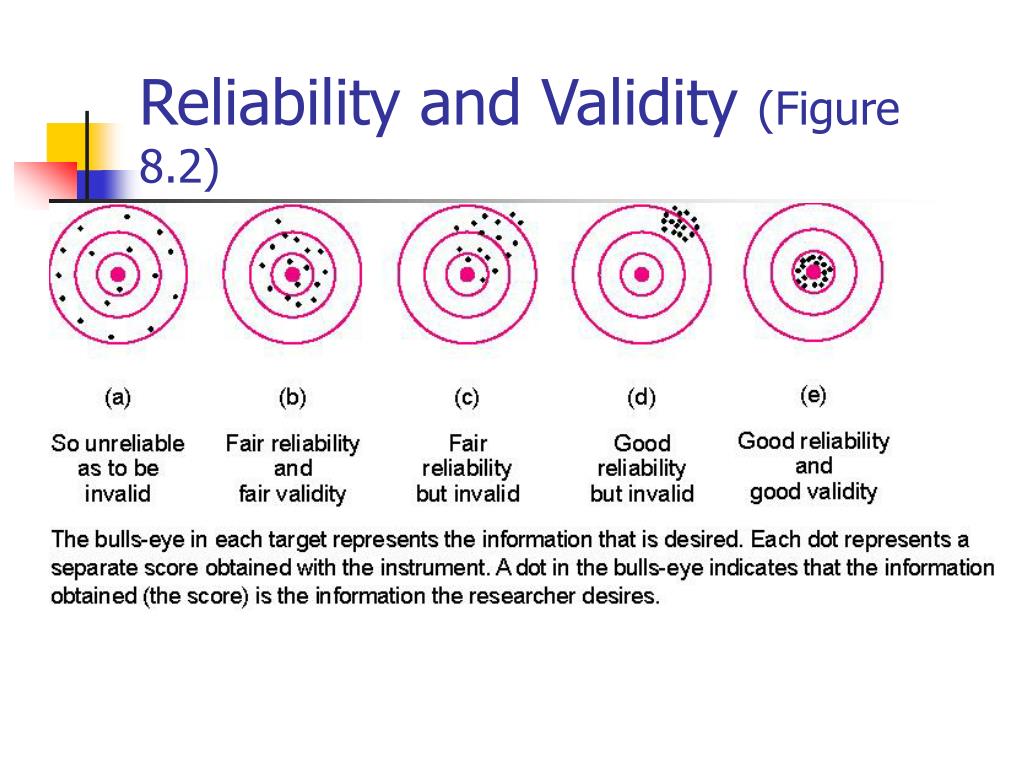

Explicit criteria also counter criticisms of subjectivity. The context, tasks and behaviours desired are specified so that assessment can be repeated and used for different individuals. Clear, usable assessment criteria contribute to the openness and accountability of the whole process. 2,13Įxplicit performance criteria enhance both the validity and reliability of the assessment process.

Assessments are usually expected to produce comparable outcomes, with consistent standards over time and between different learners and examiners. Reliability refers to the extent to which an assessment method or instrument measures consistently the performance of the student. Performance based assessments are typically viewed as providing more valid data than traditional examinations because they focus more directly on the tasks or skills of practice.

Relates to whether scores reflect the items being tested. Relates to whether the assessment method is explicit in terms of procedures correlating with particular behaviours The assessment method matches the content of the work The different types of validity include: Validity Validity refers to the degree to which a method assesses what it claims or intends to assess. On a parting note, a good understanding of the concepts of internal, external, and ecological validity is necessary to properly design and conduct studies and to evaluate the merits and applications of published research.Validity and reliability of assessment methods are considered the two most important characteristics of a well-designed assessment procedure. How much less ecological validity, then, would research in animal models of different neuropsychiatric states have for patients in clinical practice? This explains why drugs that work in animal models often fail in humans. In fact, these cognitive and psychomotor tests, especially when based on computerized tasks, have no parallel in everyday life. Thus, laboratory studies of the neuropsychological and psychomotor impairments produced by psychotropic drugs have poor ecological validity because what is studied in relaxed, rested, and healthy subjects tested in a controlled environment is very different from demands that stressed patients face in everyday life. Ecological validity was originally invoked in the context of laboratory studies that required to be generalized to real-life situations.


 0 kommentar(er)
0 kommentar(er)
